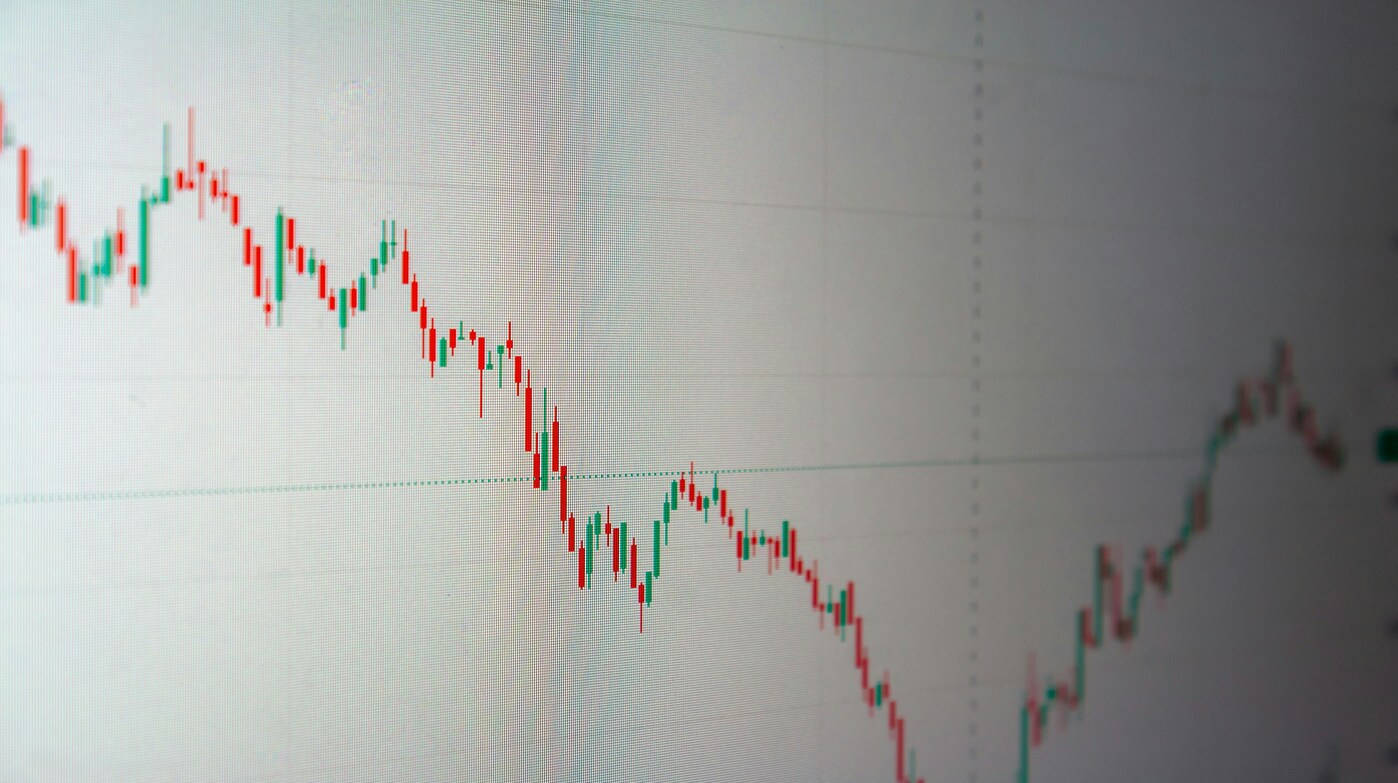The U.S. won’t let markets dictate policy
Treasury Secretary Scott Bessent made it clear on Wednesday that the Trump administration won’t soften its stance toward China just because the stock market is taking a hit.
Speaking at CNBC’s Invest in America Forum, Bessent said, “We won’t negotiate because the stock market is going down,” adding that trade policy isn’t about day-to-day market swings. Instead, he emphasised that the U.S. will make decisions about China based on what is best economically for the country.
His remarks coincide with a period of heightened investor anxiety and fluctuating stock prices. But according to Bessent, short-term market reactions won’t influence the administration’s long-term strategy when it comes to standing up to Beijing.
Pushback against reports of chinese confidence
Bessent also pushed back strongly on a report published by The Wall Street Journal, which claimed Chinese leaders believe the U.S. could be forced to negotiate if the markets continue to fall.
The report suggested that Chinese President Xi Jinping is “betting that the U.S. economy can’t absorb a prolonged trade conflict.” Citing sources close to Beijing’s decision-making, the article said that China expects another market meltdown could pressure President Trump into reaching a deal.
Bessent dismissed that idea outright. He called the report “terrible” and accused the newspaper of taking “CCP dictation”, referring to the Chinese Communist Party.
“The notion that we’ll cave because of a few bad trading days is simply false,” Bessent said. “We’ve made it clear from day one that this administration is focused on fairness, not fear.”
Read this later: Government shutdown continues: what is the current situation, and could Republicans and Democrats reach a deal?
The Wall Street Journal stands by its story
When asked about Bessent’s comments, a spokesperson for The Wall Street Journal defended the paper’s reporting.
“We hold ourselves to the highest journalistic standards, and any insinuation otherwise is baseless and false,” the spokesperson said in a statement.
The Journal is known for its deep coverage of U.S.–China relations, and it’s not unusual for government officials to push back on stories that challenge their narrative. Still, the exchange highlights just how politically charged the trade relationship between Washington and Beijing has become.
Stock markets react to trade tensions
The back-and-forth between U.S. and Chinese officials comes as financial markets continue to react sharply to trade developments.
Last Friday, stocks tumbled after President Trump threatened to raise tariffs on Chinese imports in response to new export controls from Beijing. China had announced it would limit exports of rare earth minerals — materials critical for making electronics, electric vehicles, and defence equipment.
That move added new pressure to an already tense relationship between the world’s two largest economies. Many American manufacturers depend on these minerals, and the potential disruption has spooked investors.
“Markets don’t like uncertainty, and right now there’s a lot of it,” said one Wall Street analyst following the situation. “Every headline about trade talks seems to move the market up or down by hundreds of points.”
Read this: Bad news for the trucking industry – Trump slams 25% tariffs on medium- and heavy-duty trucks.
Standing firm in a time of uncertainty
Despite the turmoil, Bessent insisted that the Trump administration remain focused on long-term goals. He said the U.S. aims to secure fairer trade terms, protect intellectual property, and prevent China from using economic leverage to harm American interests.
“This is about more than just tariffs,” he said. “It’s about ensuring that American workers, businesses, and innovators are treated fairly.”
While many investors and business leaders worry that continued tensions could hurt the economy, the administration’s message is clear: it won’t back down just because markets get shaky.
Bessent’s remarks underline a broader strategy — one that prioritises long-term national interests over short-term market comfort. And as both sides dig in, it’s clear that the U.S.–China trade standoff is far from over.

